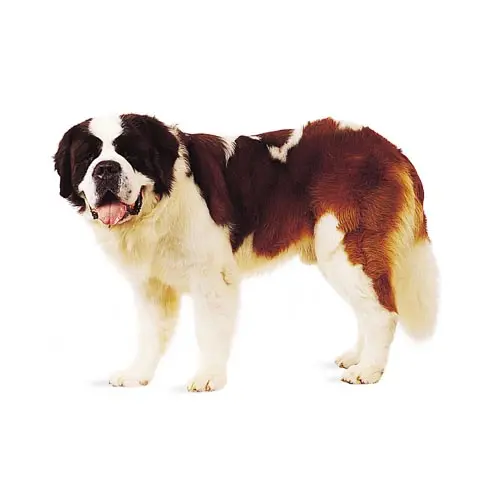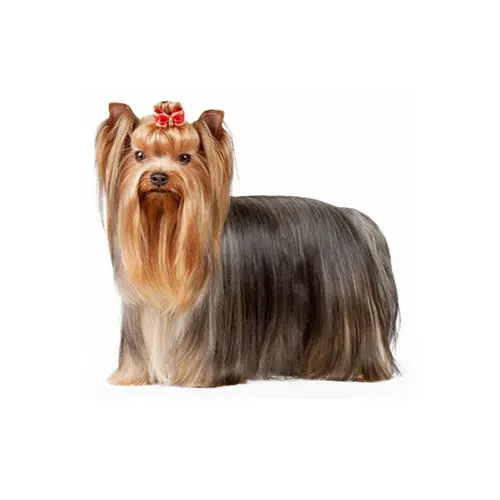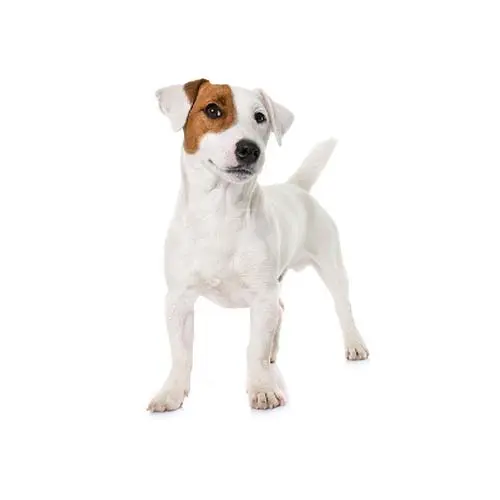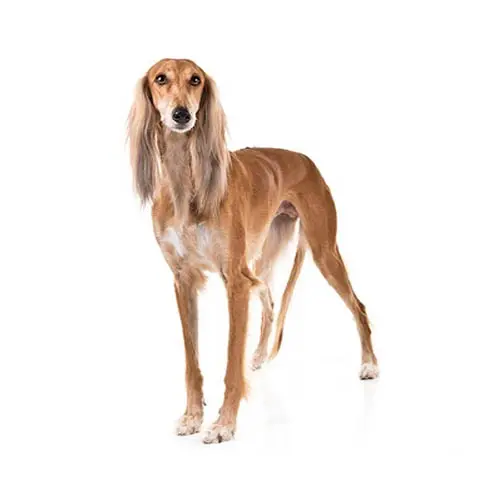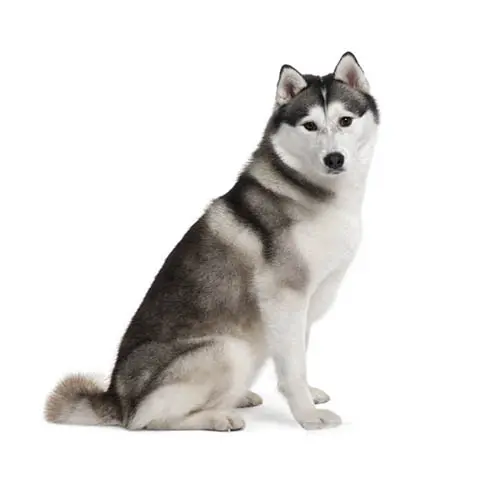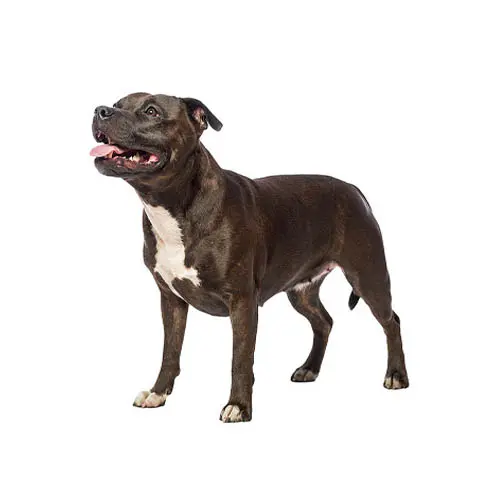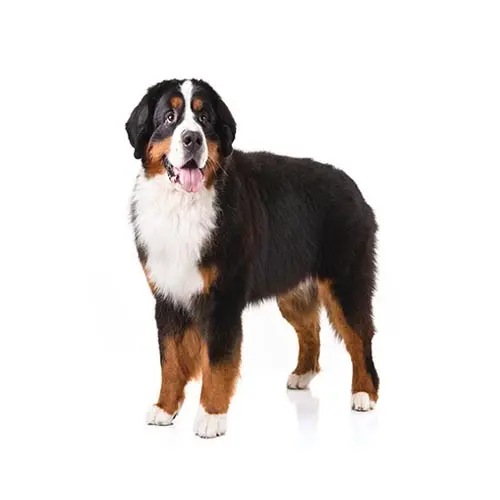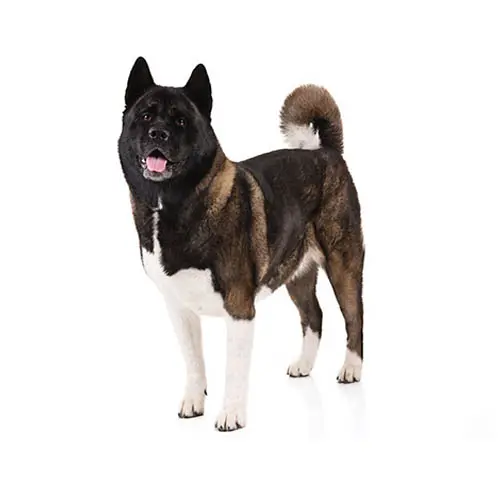Know about Breed: Basset Hound
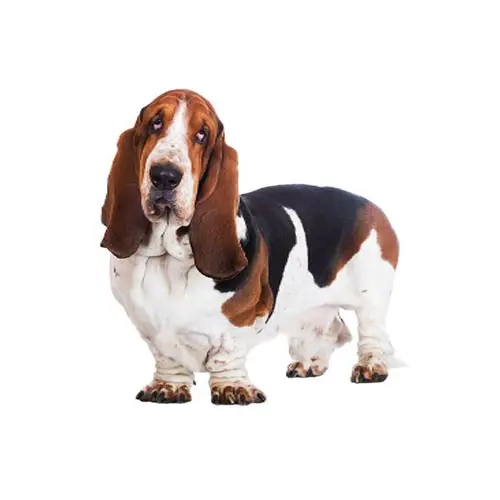
Basic Information:
- Life expectancy: 10 - 12 years
- Temperament: Tenacious, Affectionate, Devoted, Sweet-Tempered, Friendly, Gentle
- Height: Female: 28-36 cm, Male: 30-38 cm
- Colors: Lemon & White, Black & White, Tri-color, White & Chocolate, Black & Brown, Red & White
- Origin: France, Great Britain
- Weight: Female: 20-27 kg, Male: 23-29 kg
Overview:
- The Basset Hound's long ears and mournful eyes have so touched our hearts that he is once of those breeds almost as well-known for what he has sold -- shoes and washing machines -- as for his engaging personality. But those who love him know that behind his hang dog expression is the soul of a clown. And while most hounds maybe a little too much dog for many people, his short legs slow him down and his easy-going disposition makes him a wonderful family companion. Just make sure you're one of those people who thinks the classic hound howl is melodious, not cacophonous.
- The Basset's short-legged, long-backed silhouette is one of the most recognizable in the dog world, and he's one of the most popular of the hounds. His special combination of stubbornness (manifested by selective deafness and an apparent ability to remain deeply asleep with a human being calling his name from four inches away) and sense of humor leaves his owners unsure of whether to be angry or just give up and laugh. Tip: laugh.
- Most Basset Hounds come in some combination of white, tan or black, and have dark, expressive eyes, a wrinkled forehead, and long floppy ears. They are large dogs with short legs, weighing from 50 to 70 pounds. They need to be brushed every couple of days to keep the moderate shedding to a minimum. Keep their wrinkles, ears, and the area under their somewhat sagging eyes clean and dry.
- The Basset is never really in a hurry to get anywhere, but his long-ago past as a hunting hound sometimes sends him off under fences and out open doors. He's a poor choice for backyard life, as he's deeply attached to his human family and will pine and mourn if banished outdoors. More to the point, he'll howl, loud enough to be heard for miles around.
- This sturdy hound loves children and is a wonderful playmate for them, though it's always best to supervise kids and dogs. He's also almost always wonderful with other dogs and with cats. In fact, it's rare for a Basset Hound to have any serious temperament problems, as long as you don't expect much in the way of obedience.
Personality:
- The Basset is a good-natured clown with a definite sense of humor. He uses his pleading gaze to wheedle treats from anyone who can't resist them and that's most people as well as to get out of trouble when he has broken the rules which are often.
- Beneath that sleepy expression, Bassets are highly intelligent and they quickly learn to manipulate people using helpless body language and lots of tail wagging. Behaviors a Basset might use to cajole his people into letting him stay on the couch include rolling over on his back, moaning, and making full use of his puppy-dog eyes.
- As a pack dog, he's full of team spirit. His motto is The more the merrier, and he enjoys the company of people, kids, other dogs, and cats.
- As a typical hound, he's an independent thinker who is ruled by his nose. The drive to follow an interesting scent can lead the Basset into all kinds of trouble, sometimes fatal: into the path of a speeding car or far away from home. He must be contained by a securely fenced yard for his own safety.
- Channel a Basset's scenting ability by participating in tracking (following human scent), as well as Basset field trials and hunt tests (following rabbit scent). If nothing else, take him on a long, meandering walk every day to keep him happy and healthy. Remember that a Basset is built to hunt all day long, so you usually won't wear him out.
- The perfect Basset doesn't come ready-made from the breeder. Any dog, no matter how nice, can develop obnoxious levels of barking, digging, and other undesirable behaviors if he is bored, untrained, or unsupervised.
Health:
- All dogs have the potential to develop genetic health problems, just as all people have the potential to inherit a particular disease. Run, don't walk, from any breeder who does not offer a health guarantee on puppies, who tells you that the breed is 100 percent healthy and has no known problems, or who tells you that her puppies are isolated from the main part of the household for health reasons. A reputable breeder will be honest and open about health problems in the breed and the incidence with which they occur in her lines.
- The Basset can develop certain health problems, including glaucoma, thrombopenia, von Willebrand's disease (a bleeding disorder), hypothyroidism, patellar luxation, elbow dysplasia, and combined immunodeficiency, a condition that makes it difficult for the immune system to fight off infections. Bassets are also prone to skin infections, especially in the skin folds and paws. Here's a brief rundown on what you should know.
- Basset Hounds can develop a spinal problem known as intervertebral disc disease (IVDD), which can affect any part of the Basset Hound's spine including the neck. This condition makes even the smallest of movement painful and difficult and can require surgery. There are no tests for IVDD, but it is common in long-backed breeds.
Grooming:
- The Basset has a short coat that requires daily care because it sheds heavily. Brush it with a rubber curry brush daily if you want to keep all the loose hair under control. The brush removes dead hairs that would otherwise end up on your floor, furniture, and clothing.
- The oily Basset coat gives the dog a houndy odor. Some people like it, some people loathe it. If you're a loather, you can bathe your Basset weekly to reduce the smell, but it will never completely go away.
- The rest is basic care. Trim his nails as needed, usually every few weeks, and brush his teeth for good overall health and fresh breath.
 0
0 

